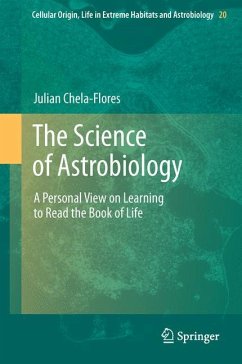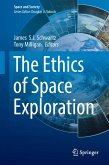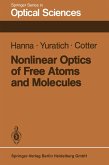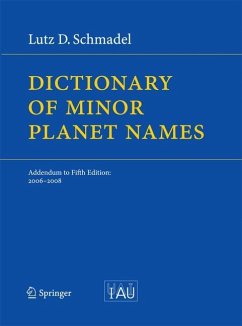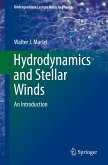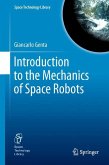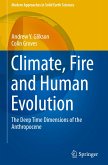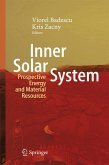Since the publication of The New Science of Astrobiology in the year 2001-the first edition of the present book-two significant events have taken place raising the subject from the beginning of the present century to its present maturity. Firstly, in 2001 the Galileo Mission still had two years to complete its task, which turned out to be an outstanding survey of the Jovian system, especially of its intriguing satellite Europa. Secondly, the Cassini Huygens Mission was still on its way to Saturn. Its present success has surpassed all expectations of ESA and NASA. Astrobiologists still did not know that Titan was the fifth body in the Solar System that possibly contained a water ocean (including the Earth and the three Galilean satellites other than Io). For these reasons the book includes overviews of the evolutionary and molecular biology that are necessary. There is a discussion of other sectors of culture that are the natural frontiers of astrobiology, especially the humanities
From the reviews: "Chela-Flores (Abdus Salam International Centre for Theoretical Physics, Italy) supplies up-to-date reviews of the astronomy (so viewers will know where to aim telescopes), a survey of early life on Earth ... and a survey of solar system candidates. ... Overall, a good volume to have on one's library shelf and to function as a required reference in astrobiology courses. Summing Up: Recommended. All academic, general, and professional audiences." (K. L. Schick, Choice, Vol. 49 (6), February, 2012) "I strongly recommend this book, written by a real humanist, to any open-minded reader eager to consider "classical" astrobiology in its philosophical context. The book offers a very rare occasion to access the full dimension of astrobiology: origin, evolution, distribution and destiny of life in the Universe." (André Brack, Origins of Life and Evolution of Biospheres, March, 2012) "While reading this book, the origin-of-life professional will recognize its useful organization and summary of various components of astrobiology. ... I found this book instructive and mind-opening. ... The author is very successful in conveying that much can be gained in astrobiology by merging science with philosophy." (Radu Popa, Astrobiology, Vol. 12 (10), 2012)

